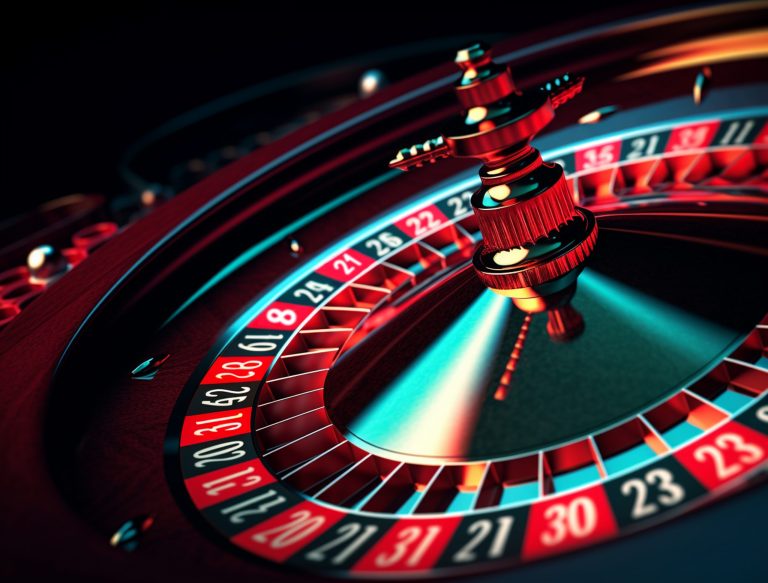The gambling industry has always built bridges between logic and irrationality. At one end are mathematical models, at the other end are superstitions in gambling games, built from beliefs, hopes, and behavioral triggers. A player puts not only money but also faith — in a ritual, in an object, in a sign.
Luck cult: superstitions in gambling
The history of superstitions begins not with casinos, but with human attempts to explain uncertainty. Archaeologists record rituals with animal bones, which ancient Sumerians used instead of dice. The bet back then was measured in food, and victory meant survival.
In the modern version, the casino took the stage, and plastic chips, grandfather’s cufflinks, and even red underwear took on the role of amulets. The player often trusts not in mathematics but in habit.
Among the most common superstitions in gambling are:
- starting with the right hand attracts luck;
- entering the casino threshold with the left foot only;
- touching the gaming table before placing a bet;
- turning around three times before starting a slot machine;
- whispering the name of the card before revealing it.
Behavior becomes ritualistic. Repetitions supposedly increase luck. Psychologists call this compensation for unpredictability. The player creates an illusion of control.
Roulette, cards, slots: superstitions in various gambling games
Each type of gambling gives birth to its own superstitions and establishes unique rituals. Players’ behavior adapts to the mechanics of the game process: somewhere a gesture is important, somewhere silence or timing. Even the smallest details can turn into a “key to luck.”
Superstitions manifest differently depending on the format:
- Roulette. Often activates behavioral patterns. The player spins the ball with the left hand only, touches the wheel before each game, or repeats a specific phrase. The appearance of a “familiar” number is considered a sign of impending luck.
- Cards. Silence rituals prevail. The participant does not look at the first cards, deals them clockwise, places bets only after a short pause. Having a favorite seat at the table is a common habit, reinforced by personal winning experience.
- Slots. Here the player often acts automatically, but even in slots, there is a habit of pressing the “start” button with a specific finger, choosing a “lucky machine” standing against the wall or closer to the exit.
These habits become part of the game process and enhance the subjective feeling of control. That is why superstitions do not lose their power regardless of the type of game.
Superstitions in casinos: statistics
An analysis of the behavior of Las Vegas visitors showed that 37% of casino participants adhere to at least one ritual. 19% wear lucky talismans in casinos, and 11% believe that the presence of a specific dealer changes the outcome.
Superstitions in casinos cover clothing, actions, even conversations. Sneezing before a bet leads to victory. Talking about losing leads to failure. Refraining from exchanging words during the game supposedly protects against the evil eye.
Players pay attention to signs, ignoring probabilities. For example, the hotel room number “13” is off-putting, as well as betting with three sixes. However, a seven on a slot machine is considered a guarantee of winning, although its frequency is no more than 4.2%.
How to attract luck in gambling
Attracting luck is not so much about magic as it is about behavioral strategy. Classic rituals alter emotional states, enhancing concentration.
The player focuses, eliminates external distractions. It is not logic but attitude that kicks in. The ritual triggers the expectation of the result — that very luck for which superstitions and any tools to increase self-confidence come into play. It is here that lucky superstitions in gambling are born — those that once worked.
Example: a participant in a poker tournament wins while carrying a coin from 1993 in their pocket. After that — they always bring it to the game. Results fluctuate, but the habit remains.
Bad omens in casinos: what professionals avoid
Even experienced participants in gaming halls pay attention to signs that can disrupt their mindset. For them, it is important not only to master the strategy but also to maintain inner balance, where each action carries weight. High-level players avoid certain actions, considering them harbingers of losses.
For example:
- crossing paths with a black cat before entering the casino;
- knocked-over glass on the chips;
- the phrase “it will definitely be lucky now” is considered a jinx;
- an empty wallet at the start;
- touching the shoulder before placing a bet.
Psychology reinforces these beliefs: negative associations form stable reflexes. A player, once losing after a specific action, excludes it from the ritual. This is how the internal “superstition map” is built.
Gambling versus logic: the faith formula
The formula is simple: gambling → uncertainty → superstition → behavior. Such rituals focus attention and provide stability at the moment of decision-making. The game loses logic — faith wins.
Those who believe in Fortune are less likely to question probabilities. Game developers use this by introducing elements of “near wins,” where the slot stops near the required symbol. This enhances belief in luck, although the probability remains unchanged.
What brings victory
A lucky talisman in a casino is not just an ornament but an emotional stabilizer. A study by the Behavioural Insights Group showed that having a personal symbol increases the average duration of play by 24 minutes. The level of satisfaction from the process increases by +17%.
The most popular talismans are:
- coins, especially with non-standard dates;
- miniature animal figurines (elephants, turtles);
- dice with inscriptions;
- charms with lucky hieroglyphs.
The choice is influenced by personal history. The symbol is not universal. One player considers an old car key as “theirs,” while another carries a piece of their grandmother’s wedding ring.
Conclusion
The role of superstitions in gambling is not in magic but in behavioral structure. They establish emotional anchors, reduce anxiety, and form a personal coordinate system within the chaos of probabilities. As long as uncertainty is present in the game, gambling will always seek support in symbols, signs, and rituals.



